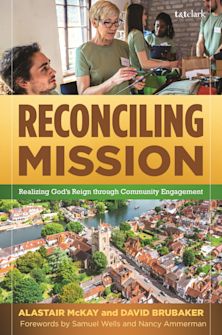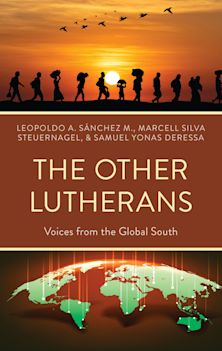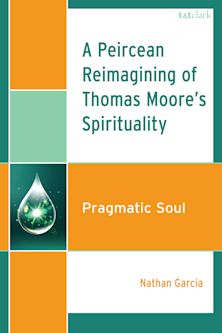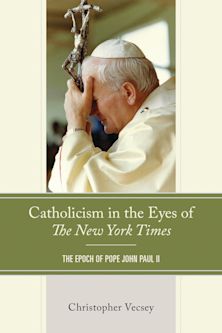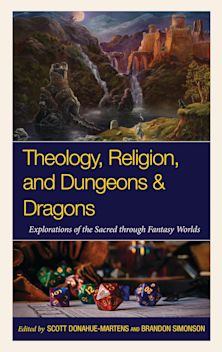- Home
- ACADEMIC
- Theology
- Theology - Other
- Body of Christ Incarnate for You
You must sign in to add this item to your wishlist. Please sign in or create an account
Description
Incarnation has always been an important concept within Christian theology. For centuries theologians have wrestled with how best to conceptualize the vexing problem of what it means that Jesus the Christ is fully God and fully human. In this book, Adam Pryor explores how the incarnation has intersected corresponding issues well beyond the familiar question of how any one person might have two natures. Beginning by identifying four critical themes that have historically shaped the development of this doctrine, Pryor goes on to offer a constructive account of the incarnation. His account seeks out the continued meaning of this doctrine given the increasing complexity that characterizes our understanding of human bodies—bodies that can no longer be understood as the locus of distinct subjects separated from the world of objects with the skin as an impenetrable boundary between the two. Making use of contemporary phenomenologies of the flesh and the erotic, Pryor develops an understanding of the incarnation that seeks to go beyond classical issues presented by two natures christologies. Incarnation, in guises as various as Jesus the Christ, cyborg bodies, and sacramental practices, becomes a way that God is diffused into the world, transforming how we are to be-with one another.
Table of Contents
Introduction: Adventing God
Part I: Inescapable Incarnational Themes
Chapter 1: The Heritage of Chalcedon
Chapter 2: The Eschatological Difference
Chapter 3: Kenotic Absconding
Chapter 4: Overflowing Relationality
Part II: Bodies Beyond Dermal Metaphysics
Chapter 5: Being-With in the Flesh
Chapter 6: Jesus in the Flesh
Part III: Bodies Scandalized by being-with God in the Flesh
Chapter 7: Cyborg Bodies
Chapter 8: Deep, Promiscuous Incarnation
Chapter 9: A Touch of Sacrament
Conclusion: Incarnational Wild Things
Bibliography
Index
Product details
| Published | 19 Oct 2016 |
|---|---|
| Format | Ebook (PDF) |
| Edition | 1st |
| Extent | 232 |
| ISBN | 9798216336167 |
| Imprint | Lexington Books |
| Series | Studies in Body and Religion |
| Publisher | Bloomsbury Publishing |
About the contributors
Reviews
-
Pryor has chosen a topic that is relevant to a world in which the treatment of bodies, particularly marginalized bodies, is a pressing concern. . . . There is. . . much to learn from here, and particular chapters will no doubt appeal to different audiences in the areas of continental philosophy and theology, constructive theology, and historical theology. The chapters are thoroughly referenced, and the typology of Part I may be particularly helpful for seminary or graduate students in theology. Pryor’s theological interpretation of Merleau-Ponty will help expand our understanding of the flesh that the Word was made.
Body and Religion
-
Adam Pryor’s book will be of interest to scholars of Michael Polanyi and William Poteat, given its focus on the body and embodiment or incarnation. Pryor engages in dialogue with an impressive array of thinkers. . . Though familiar with many of these figures, I learned more about each through Pryor’s analysis.
Tradition & Discovery
-
Adam Pryor’s work makes incarnation relevant in new and original ways. This is a profound and wide-ranging study, informed by the Christian tradition and contemporary thinking alike. For those looking for how the doctrine of incarnation may be related to issues in contemporary thought, this is an excellent place to start.
Jan-Olav Henriksen, MF Norwegian School of Theology
-
In this book Adam Pryor offers a fresh view on the Christian notion of the incarnation of God in Christ. Pryor boldly connects Christian notions, concepts and insights from the fields of Constructive Theology, Biblical Studies, Feminist Theology and Phenomenology in his account of “incarnation in itself” as a wild “thing.” Incarnation is, he argues, a wild, intimate and transformative event that we should act according to.
Johanne Stubbe T Kristensen, University of Copenhagen













